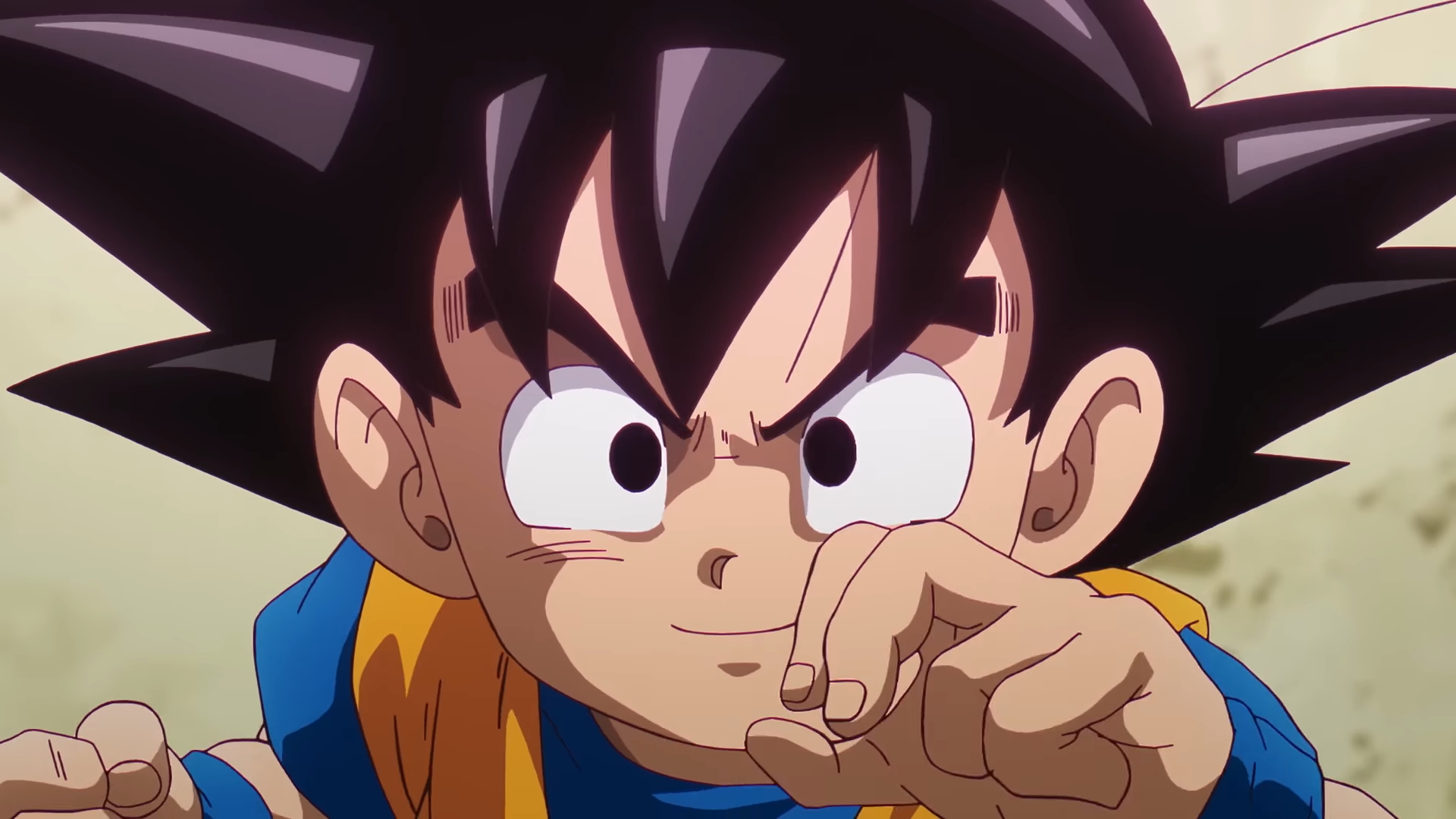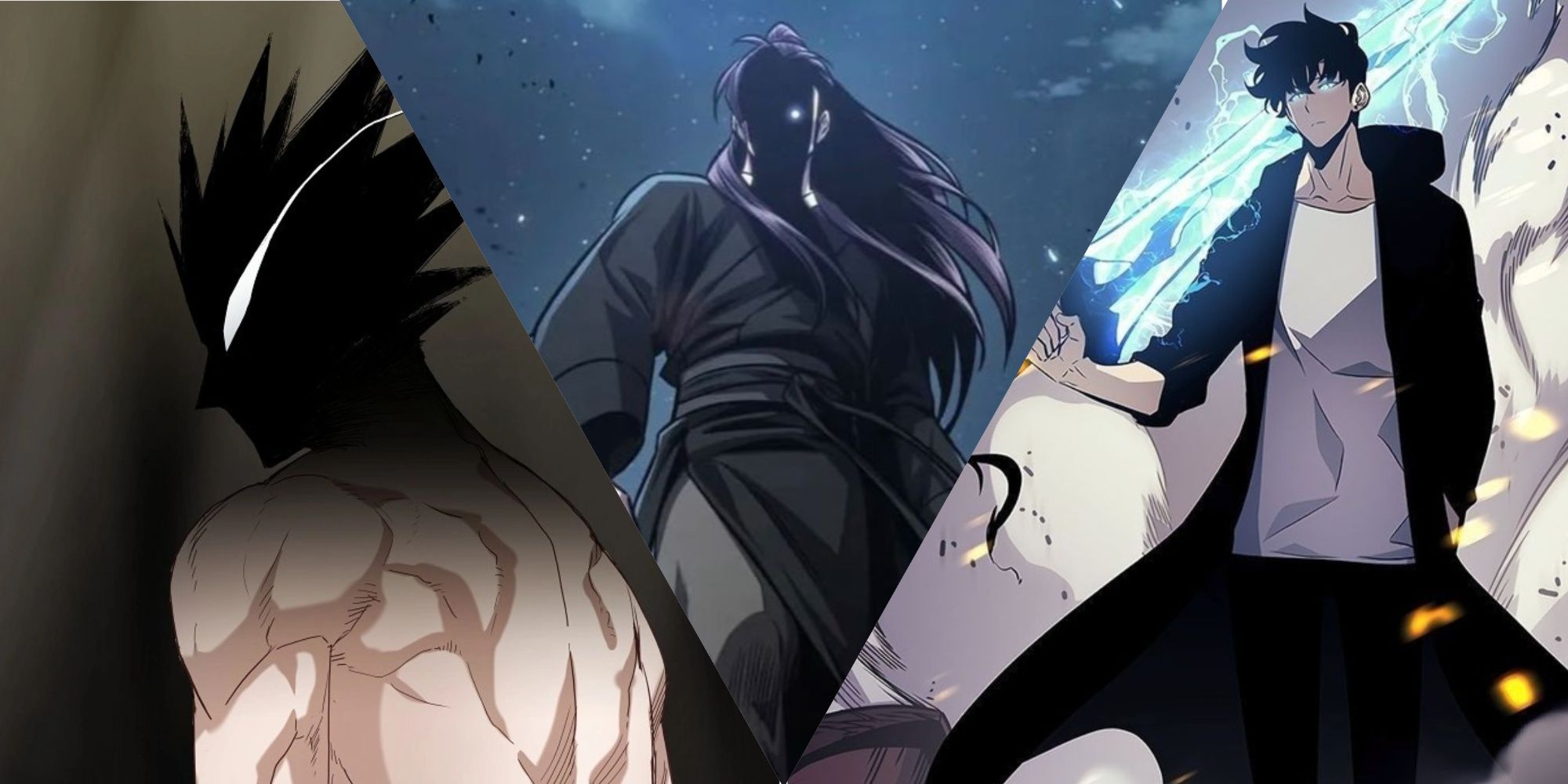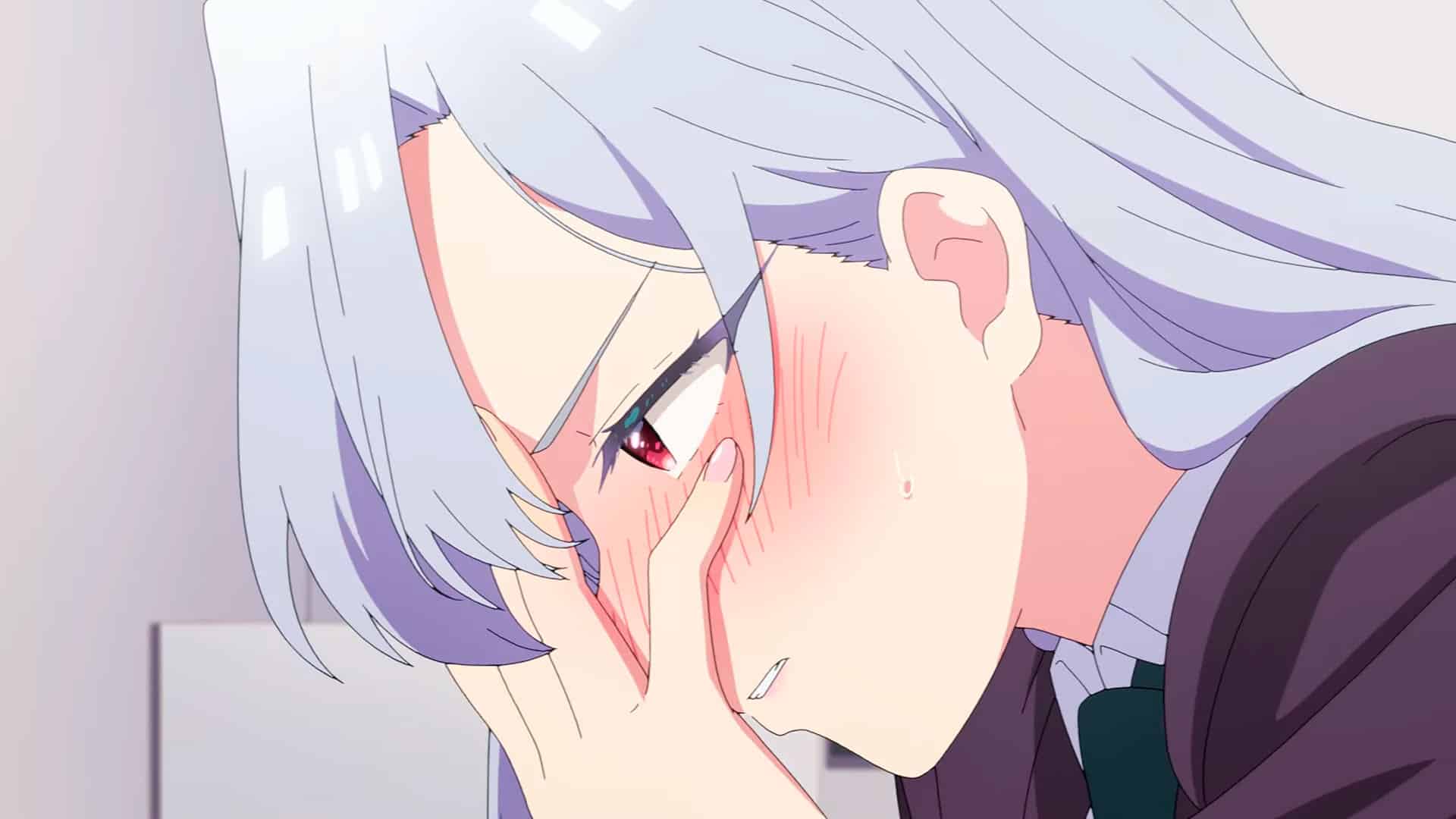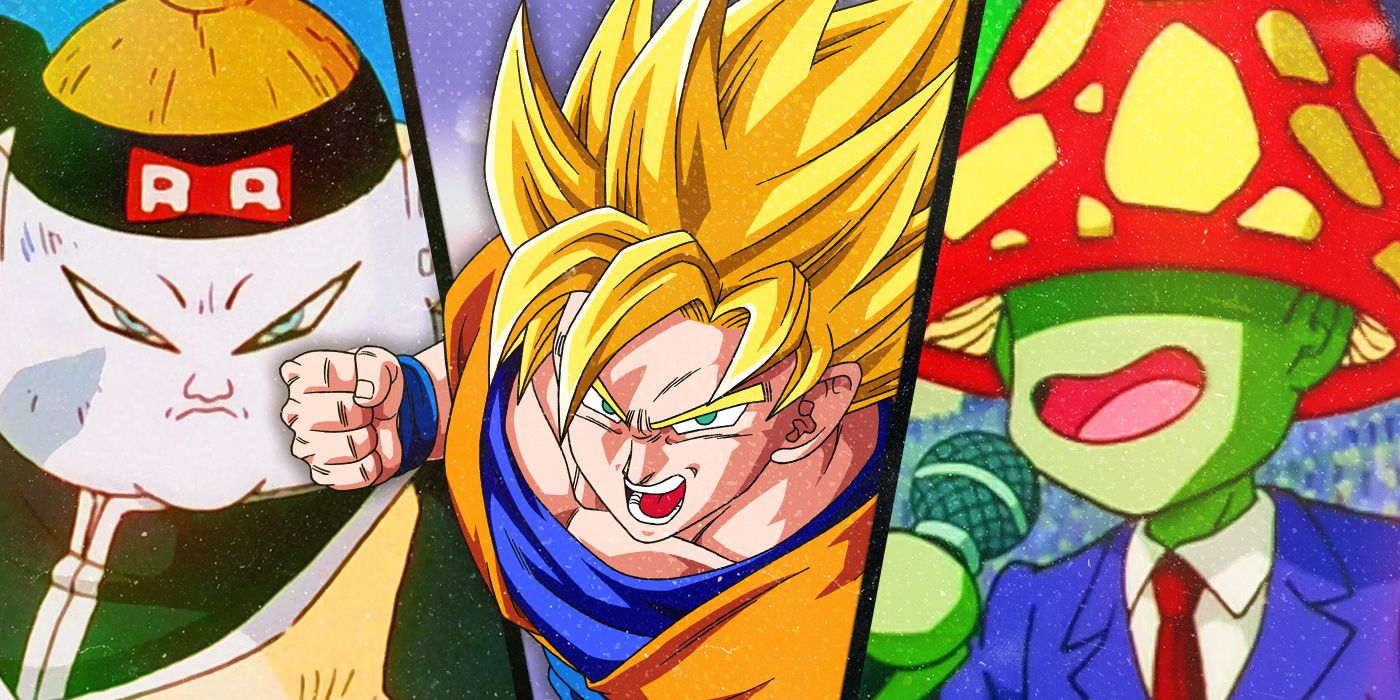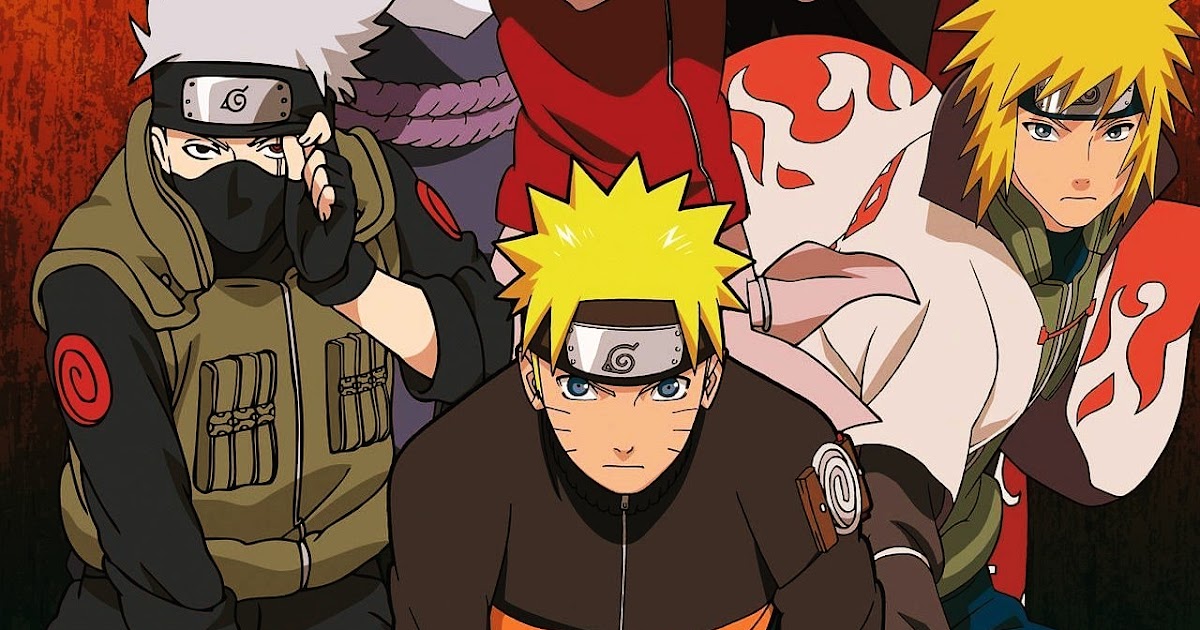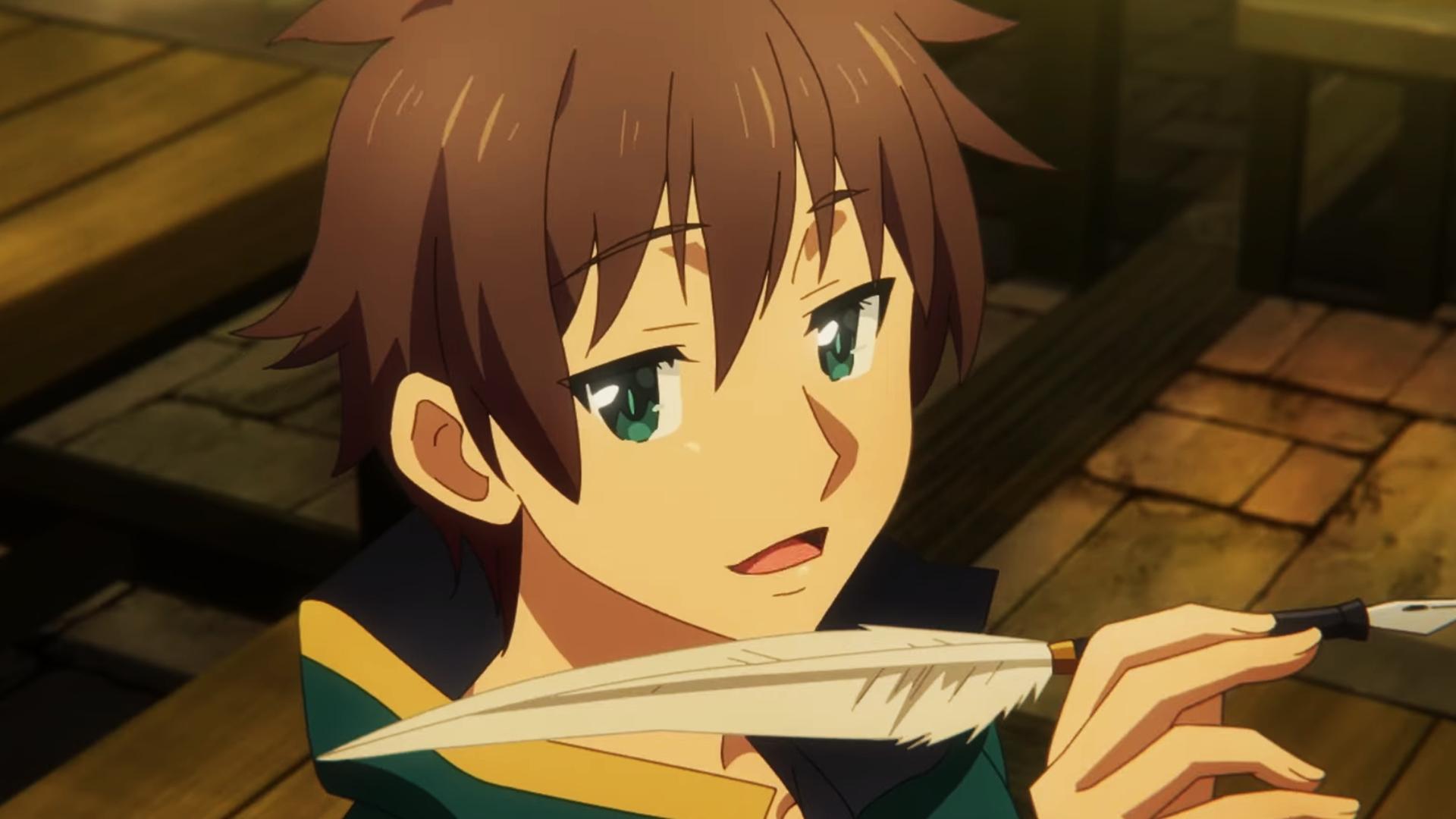Otaku Culture
Why will there be a ONE PIECE remake?
Advertisement
The Japanese anime industry is undergoing significant transformation, driven by growing global popularity and technological advancements. In this context, the decision to produce a remake of the iconic anime “ONE PIECE”reflects the challenges and opportunities facing the industry. George Wada, representative of Production IG and WIT STUDIO, shared in a recent interview the reasons and aspirations behind this ambitious initiative.

The globalization of anime: an unstoppable phenomenon
In the last decade, Anime's popularity has grown exponentially worldwide, largely thanks to streaming platforms like Netflix. These platforms facilitated access to a vast international audience, transforming anime from a primarily Japanese cultural phenomenon into global entertainment. This shift forced animation studios to rethink their strategies and adapt to the expectations of a broader and more diverse audience.
George Wada highlighted how The global success of films like “Kimetsu no Yaiba” and series like “Shingeki no Kyojin” demonstrated the enormous potential of Japanese anime to reach audiences outside Japan. However, he also acknowledged that to maintain this momentum, it's crucial to update and adapt classic content that hasn't yet been experienced by younger generations. This is where the decision to remake "ONE PIECE" comes into play.
“ONE PIECE”: A legacy in need of modernization
“ONE PIECE”, created by Eiichiro Oda, is one of Japan's most beloved and successful franchises. Since their debut in 1997, both the manga and anime have captured the imagination of millions of fans around the world. However, the original anime, which began airing 25 years ago, has certain technical limitations that can be discouraging for new viewers accustomed to the high quality animation of contemporary productions.
Wada mentioned that the 4:3 aspect ratio and animation quality of the early episodes of “ONE PIECE” may look outdated by today’s standards. While the most recent episodes have significantly improved in terms of visual quality, there's a noticeable gap between the series' beginnings and current seasons. This disparity could make it difficult to hook new viewers from the start, justifying the need for a remake.
Eiichiro Oda's Vision: To Bring “ONE PIECE” to the Whole World
One of the main drivers of this initiative is Eiichiro Oda himself, who has a strong desire to bring his work to a global audience. This ambition was previously reflected in the live-action adaptation of "ONE PIECE," and now materializes in the production of a remake of the anime. The goal is to present "ONE PIECE" in an accessible and attractive format for a global audience, thus helping to further expand the influence of Japanese anime.

Wada emphasized that The success of “ONE PIECE” depends not only on the quality of its animation, but also on its ability to resonate with audiences from different cultures and contexts. The story of "ONE PIECE," with its universal themes of friendship, adventure, and self-improvement, has the potential to connect people around the world. However, to achieve this, it's crucial that the anime's visual presentation lives up to contemporary expectations.
The anime industry has witnessed rapid technological evolution, allowing studios to experiment with new animation techniques and styles. Wada noted that the “ONE PIECE” update will also leverage these technological advancements to create a more immersive and exciting viewing experience. This approach will not only attract new viewers, but also offer longtime fans a new way to enjoy their favorite series.
The cultural impact and social responsibility of anime
The decision to produce a remake of “ONE PIECE” also reflects a deeper understanding of anime’s cultural impact and social responsibility. Wada highlighted that anime has the power to influence people's perceptions and values, especially among younger generations. Therefore, it is crucial that anime productions not only focus on entertainment, but also on conveying positive and universal messages.
In conclusion, The decision to produce a remake of the anime “ONE PIECE” arises from the need to adapt to new generations and the global market. This initiative reflects the challenges and opportunities the anime industry faces as it strives to remain relevant and expand its influence worldwide. With the support of technology, international collaboration, and a clear vision of its cultural impact, “ONE PIECE” is poised to continue its legacy as one of the most iconic and beloved franchises in Japanese anime.
Source: Real Sound
©SHUEISHA
